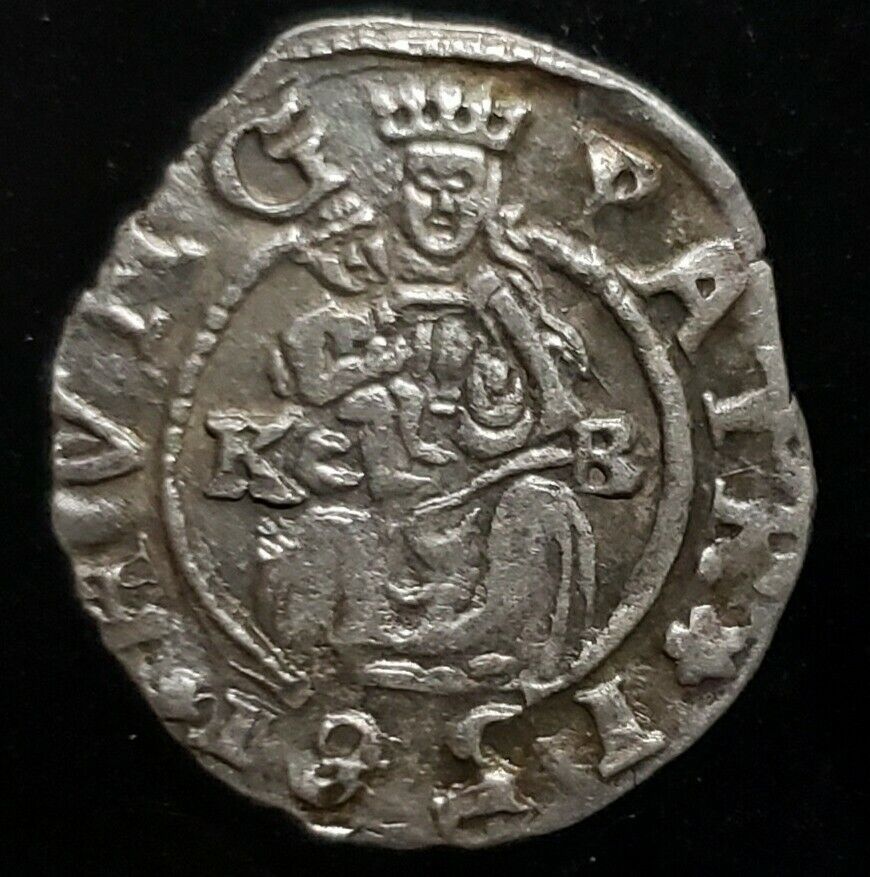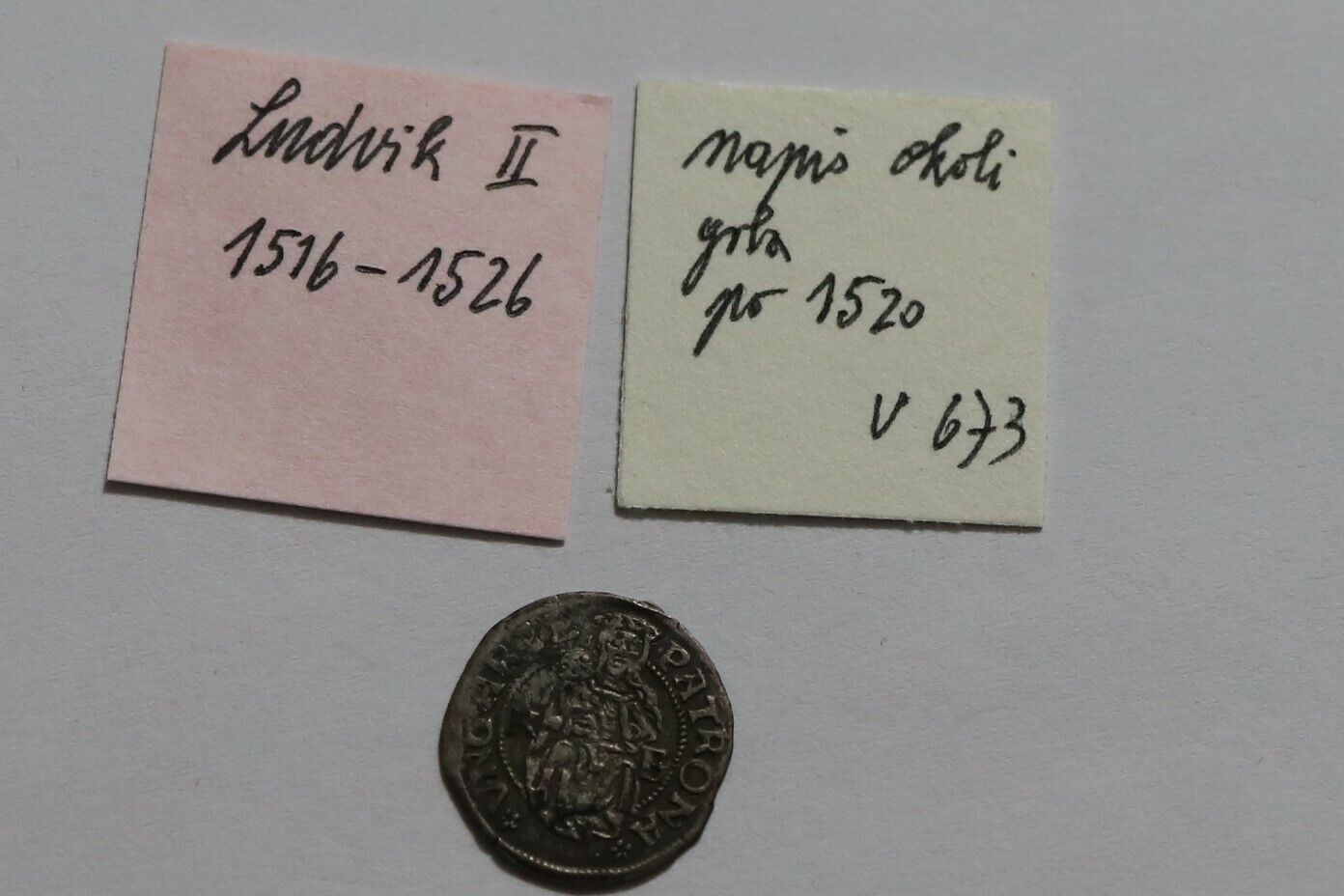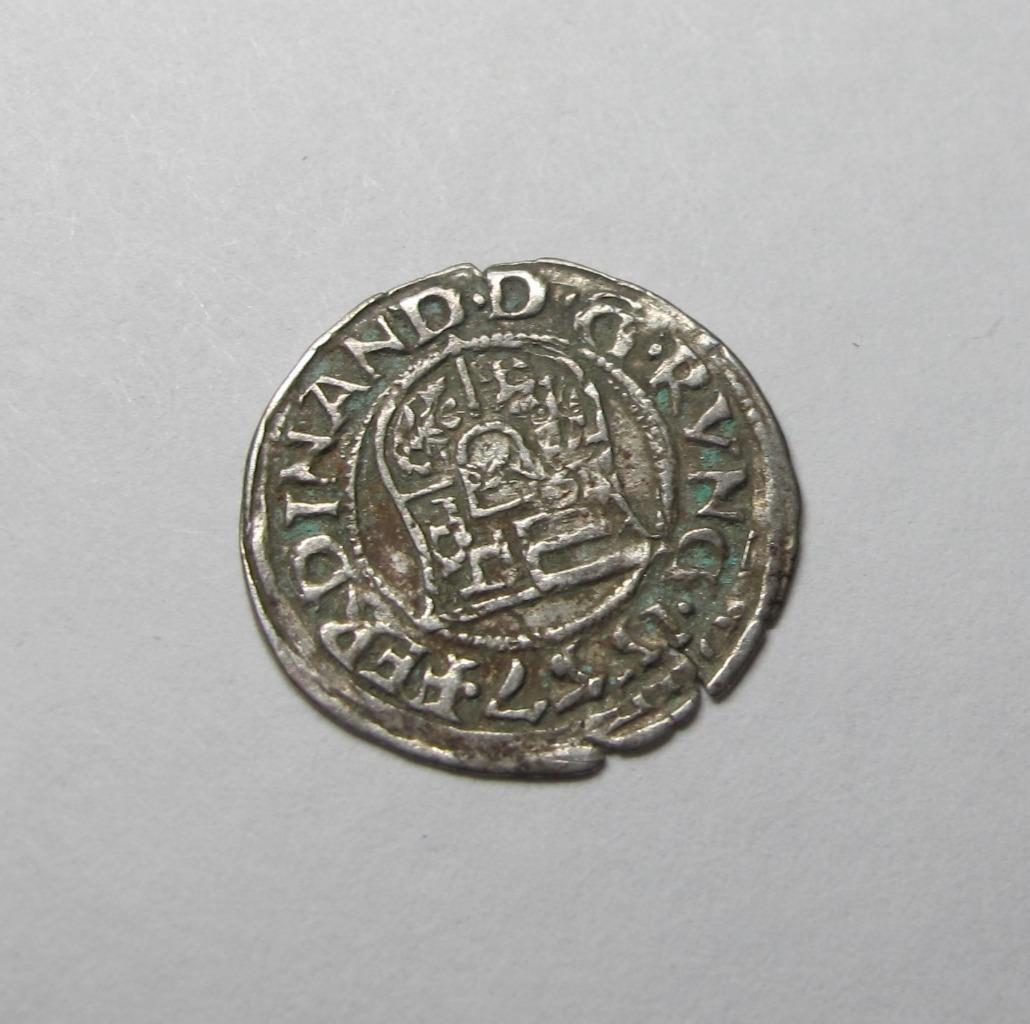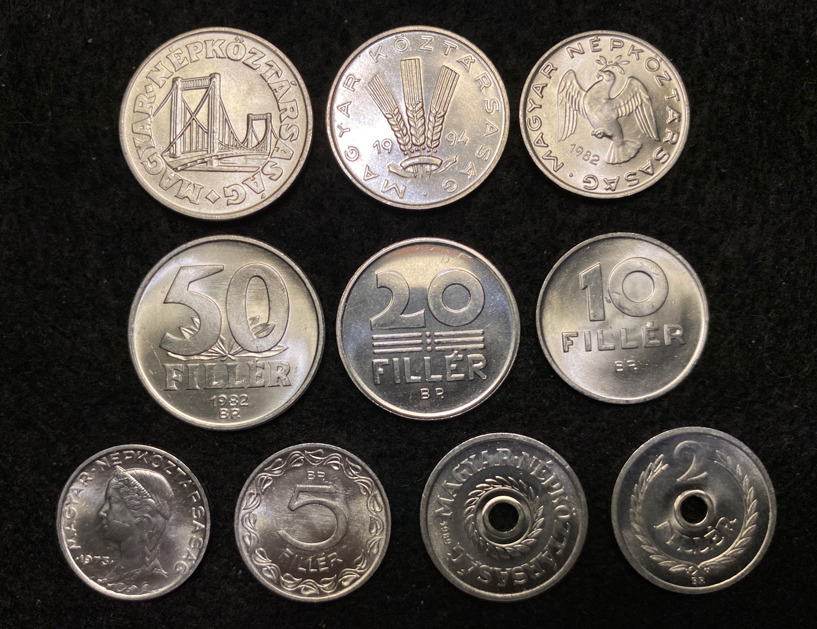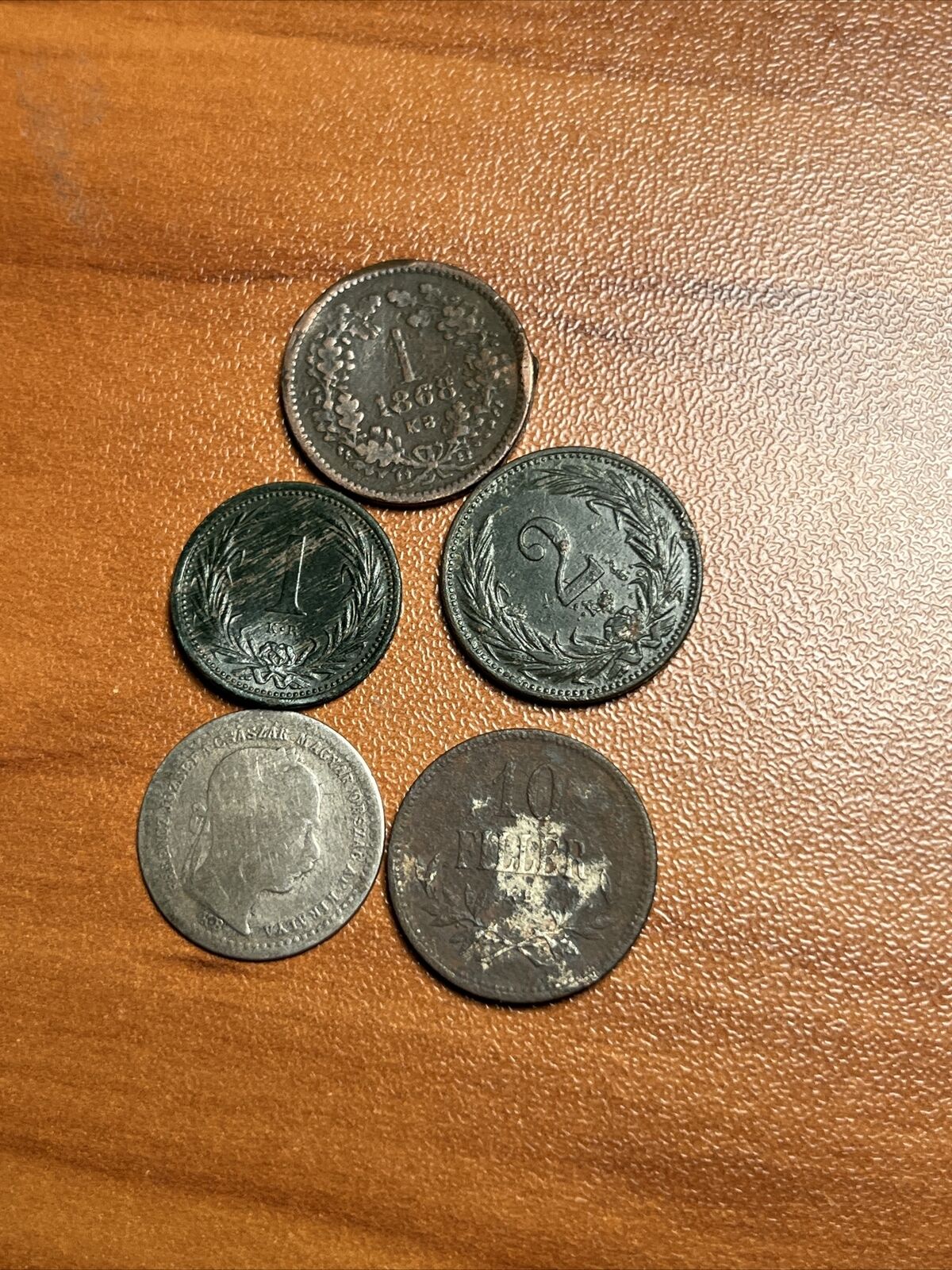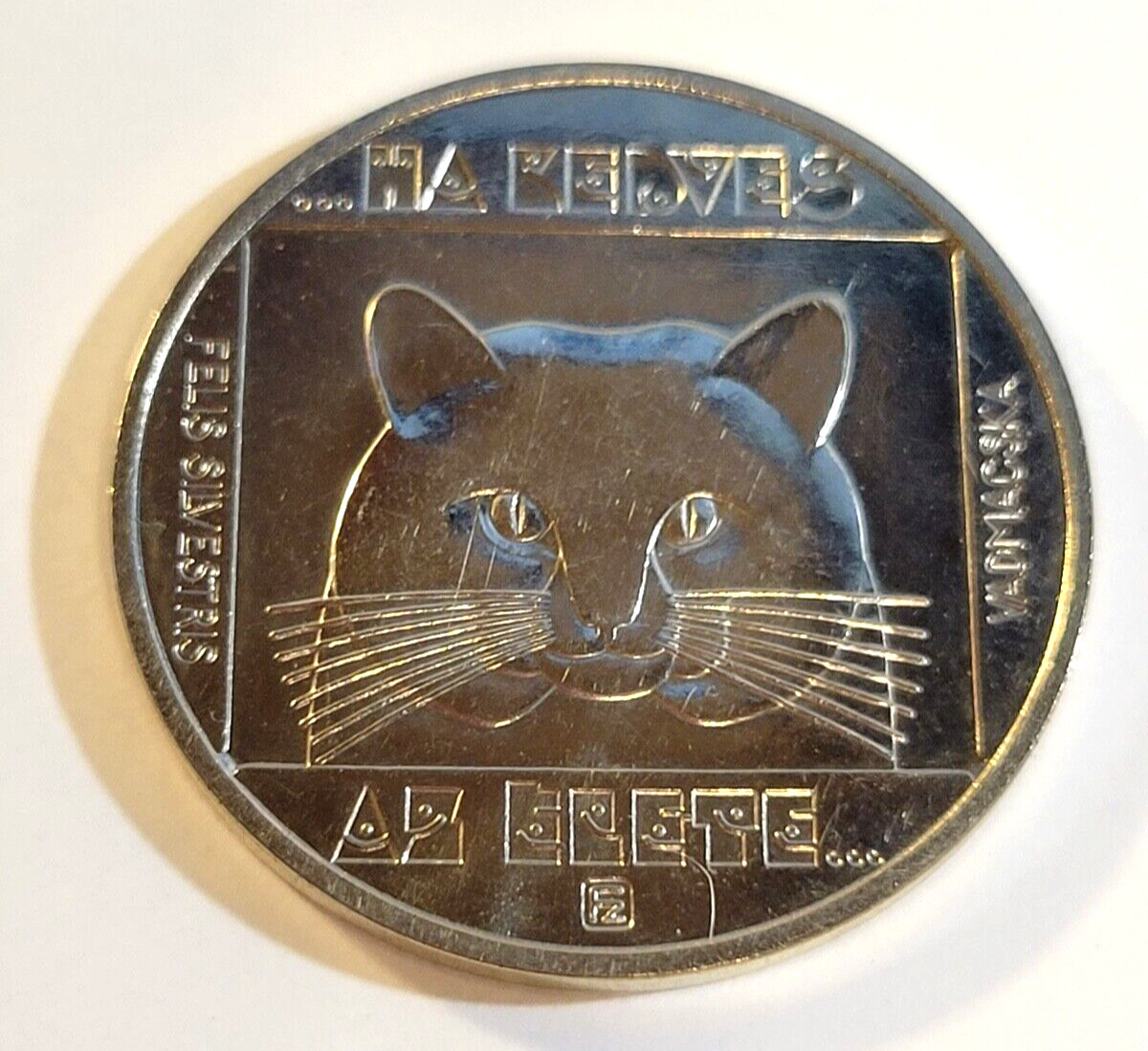-40%
1581 KB Hungary Rudolph II Denar Silver Madonna And Child
$ 21.11
- Description
- Size Guide
Description
1581 KB Hungary Rudolph II Denar Silver Madonna And Child. Shipped with USPS First Class Package.Rudolf II
(18 July 1552 – 20 January 1612) was
Holy Roman Emperor
(1576–1612),
King of Hungary
and
Croatia
(as
Rudolf I
, 1572–1608),
King of Bohemia
(1575–1608/1611) and
Archduke of Austria
(1576–1608). He was a member of the
House of Habsburg
. Rudolf's legacy has traditionally been viewed in three ways: an ineffectual ruler whose mistakes led directly to the
Thirty Years' War
; a great and influential patron of
Northern Mannerist
art; and an intellectual devotee of occult arts and learning which helped seed what would be called the
Scientific Revolution
. Determined to unify Christendom, he initiated the
Long Turkish War
(1593–1606) with the
Ottoman Empire
. Exhausted by war, his citizens in Hungary revolted in the
Bocskai Uprising
, which led to more authority given to his brother
Matthias
. Under his reign, there was a policy of toleration towards Judaism.
Historians have traditionally blamed Rudolf's preoccupation with the arts, occult sciences, and other personal interests as the reason for the political disasters of his reign.More recently historians have re-evaluated this view and see his patronage of the arts and occult sciences as a triumph and key part of the Renaissance, while his political failures are seen as a legitimate attempt to create a unified Christian empire, which was undermined by the realities of religious, political and intellectual disintegrations of the time.
Although raised in his uncle's Catholic court in Spain, Rudolf was tolerant of
Protestantism
and other religions including
Judaism
. This tolerant policy by the Empire towards the Jews would see Jewish cultural life flourishing and its population increased under Rudolf's reign.
He largely withdrew from Catholic observances, even in death refusing the last sacramental rites. He had little attachment to Protestants either, except as counter-weight to papal policies. He put his primary support behind
conciliarists
,
irenicists
and
humanists
. When the papacy instigated the
Counter-Reformation
, using agents sent to his court, Rudolf backed those whom he thought were the most neutral in the debate, not taking a side or trying to effect restraint, thus leading to political chaos and threatening to provoke civil war.
His conflict with the
Ottoman Empire
was the final cause of his undoing. Unwilling to compromise with the Turks, and stubbornly determined that he could unify all of Christendom with a new
Crusade
, he started a long and indecisive war with the Turks in 1593.This war lasted till 1606, and was known as the "
Long Turkish War
".
By 1604, his Hungarian subjects were exhausted by the war and revolted, led by
Stephen Bocskai
(
Bocskai uprising
). In 1605, Rudolf was forced by his other family members to cede control of Hungarian affairs to his younger brother
Archduke Matthias
. By 1606, Matthias had forged a difficult peace with the Hungarian rebels (
Peace of Vienna
) and the Turks (
Peace of Zsitvatorok
).
Rudolf was angry with his brother's concessions, which he saw as giving away too much in order to further Matthias' hold on power. So Rudolf prepared to start a new war with the Turks. But Matthias rallied support from the disaffected Hungarians and forced Rudolf to cede the crowns of Hungary, Austria, and Moravia to him. At the same time, Bohemian Protestants demanded greater religious liberty, which Rudolf granted in the
Letter of Majesty
in 1609. Bohemians continued to press for further freedoms, and Rudolf used his army to repress them.
Bohemian Protestants then appealed to Matthias for help; Matthias' army held Rudolf prisoner in his castle in Prague until 1611, when Rudolf ceded the crown of Bohemia, as well, to his brother.
Rudolf died in 1612, nine months after he had been stripped of all effective power by his younger brother, except the empty title of Holy Roman Emperor, to which Matthias was elected five months later. In May 1618 with the event known as the
Defenestration of Prague
, the Protestant Bohemians, in defence of the rights granted them in the Letter of Majesty, threw imperial officials out of the window and thus the
Thirty Years' War
(1618–1648) started
